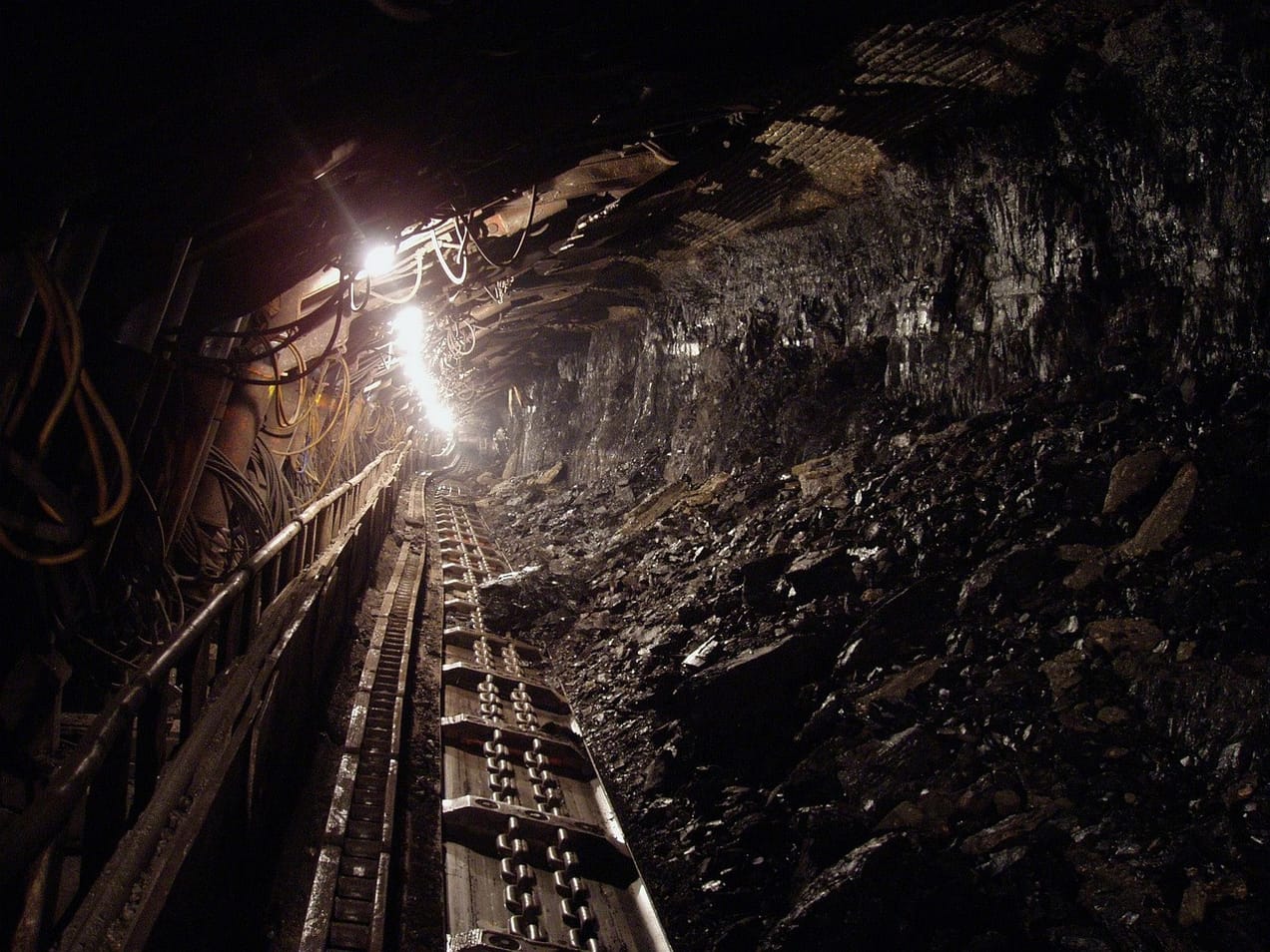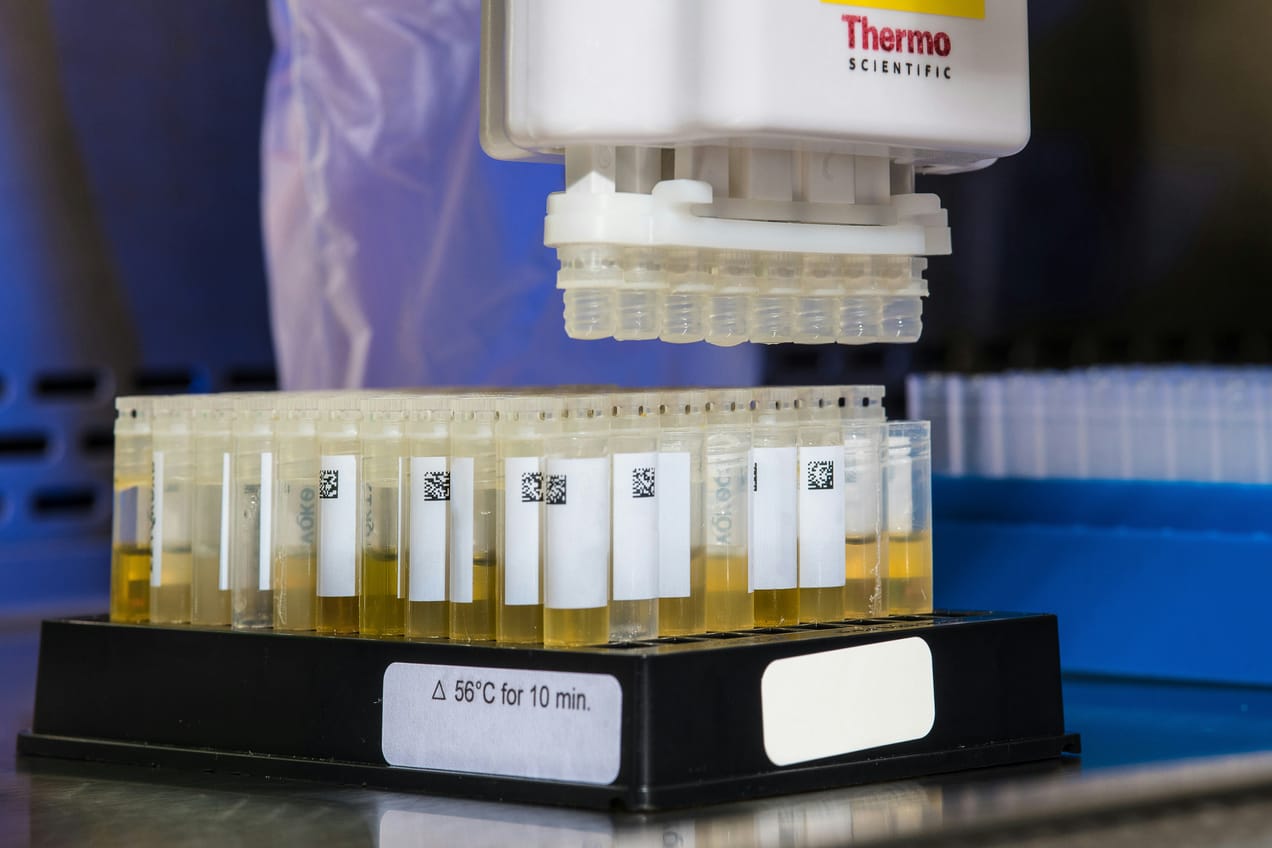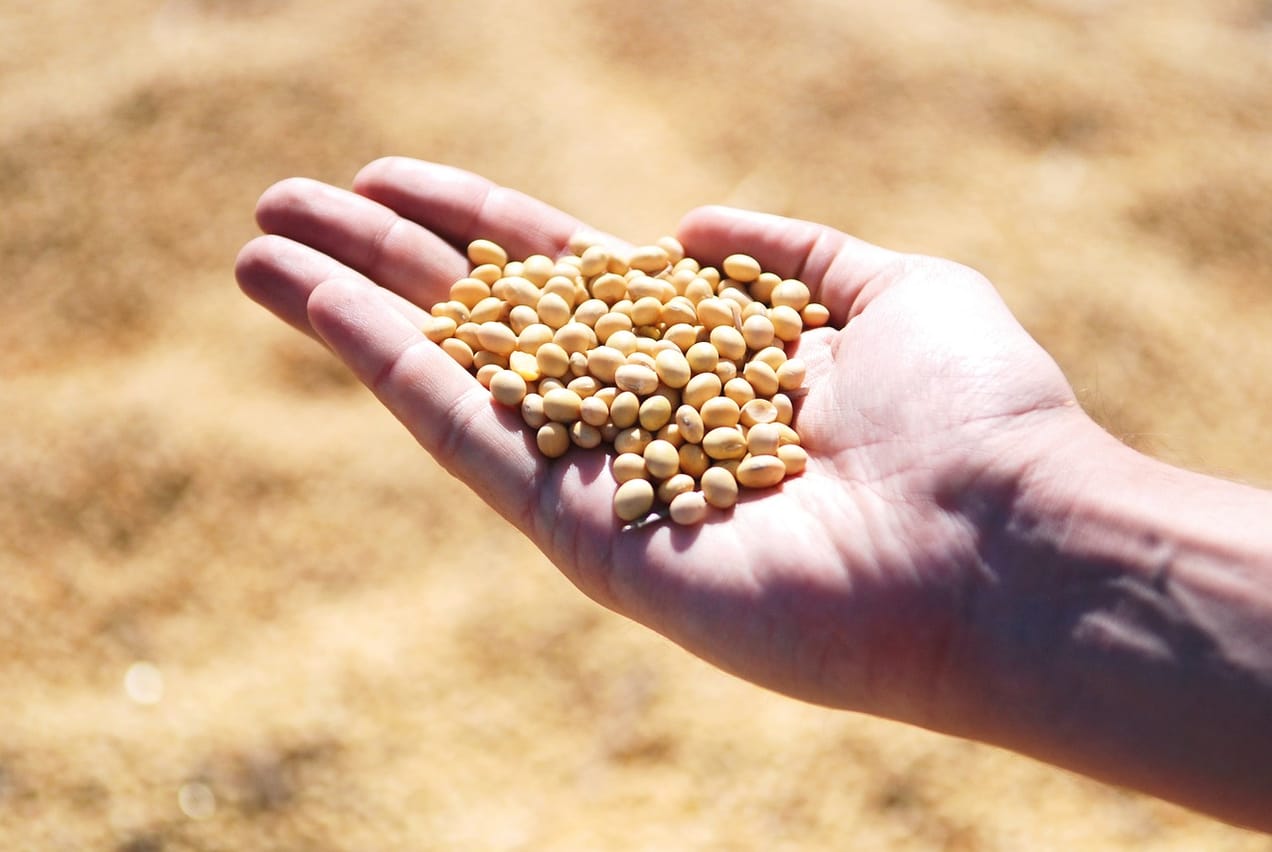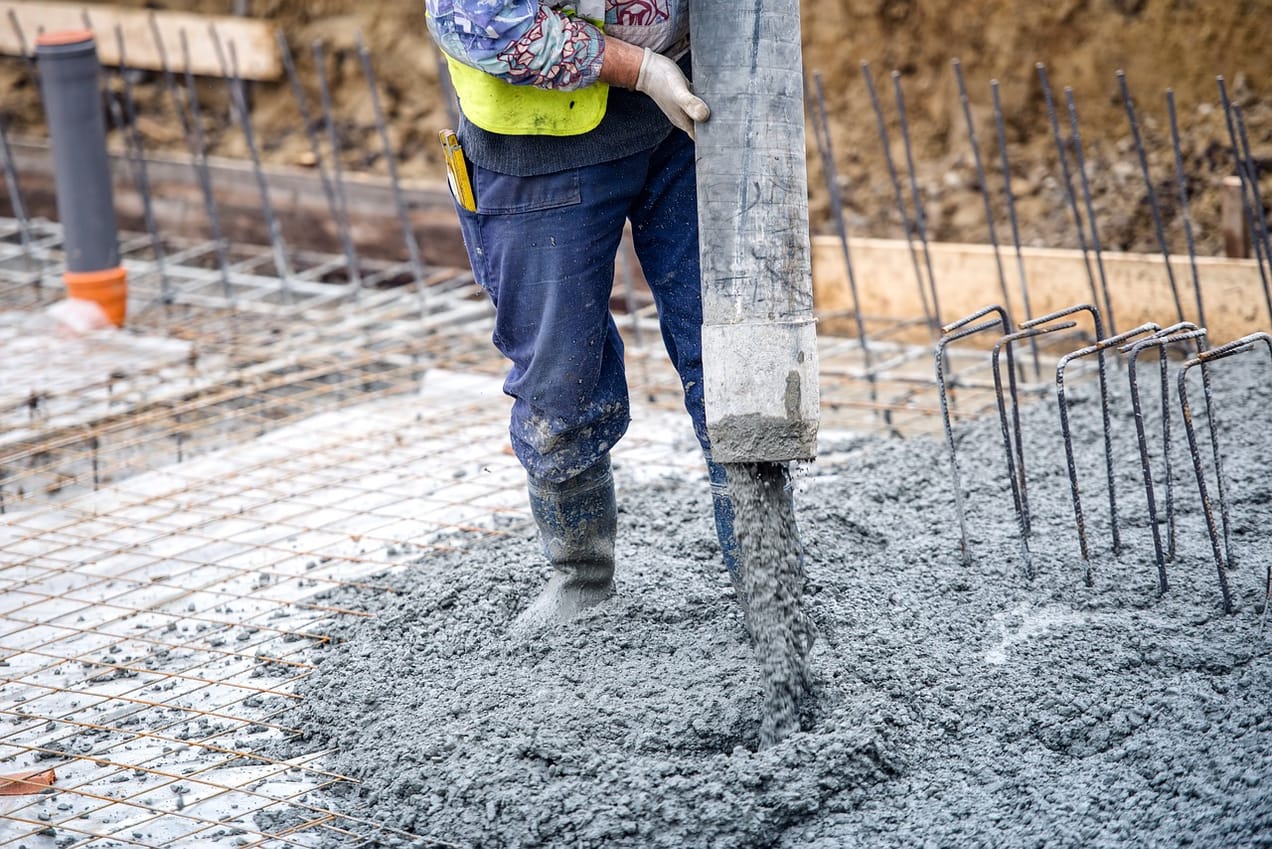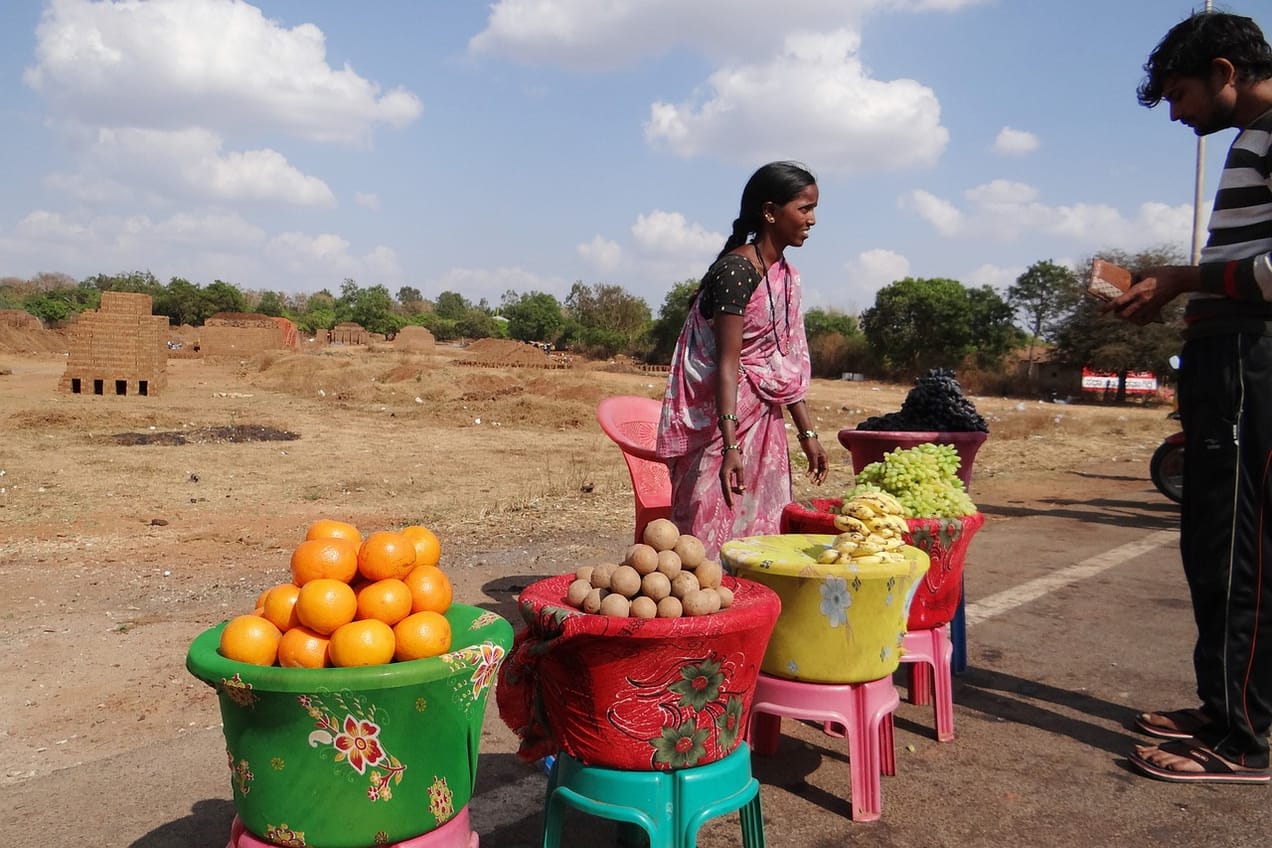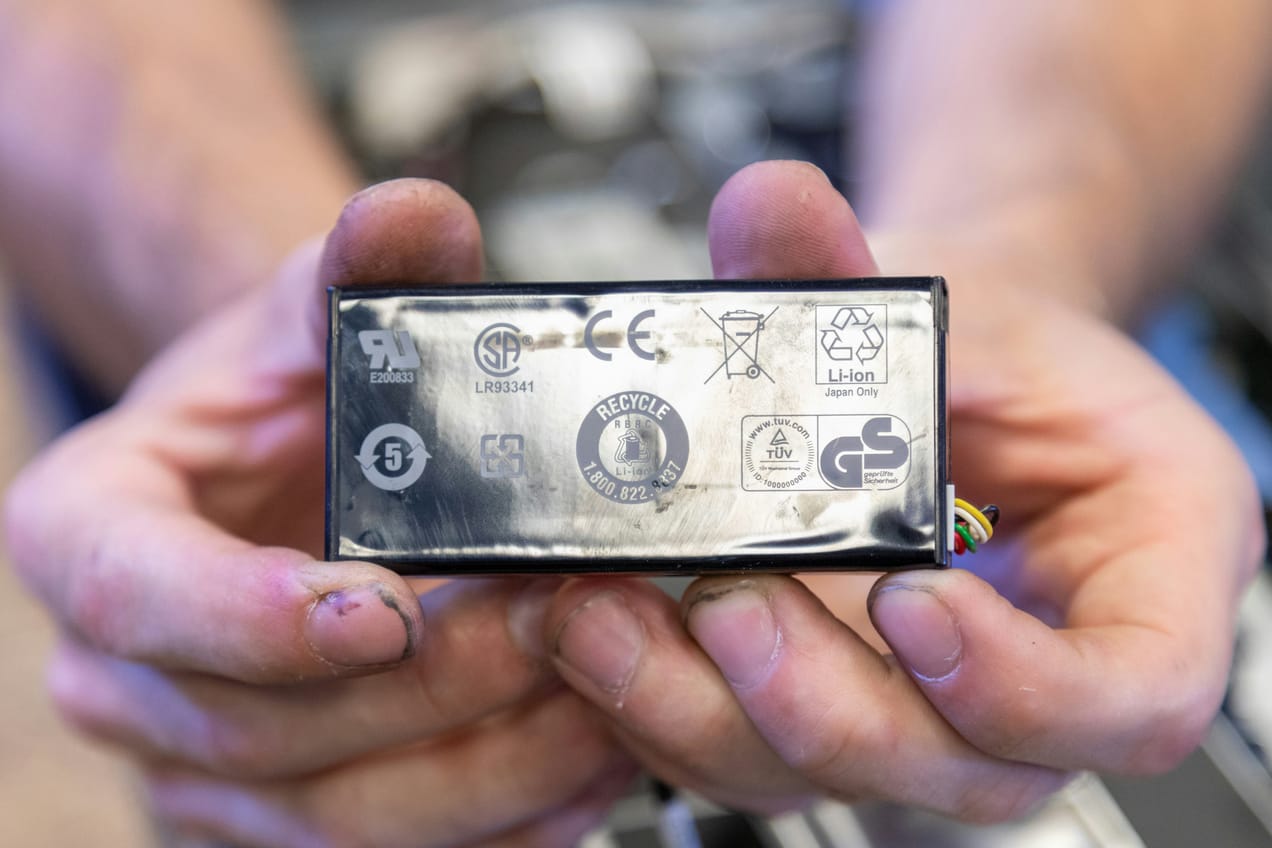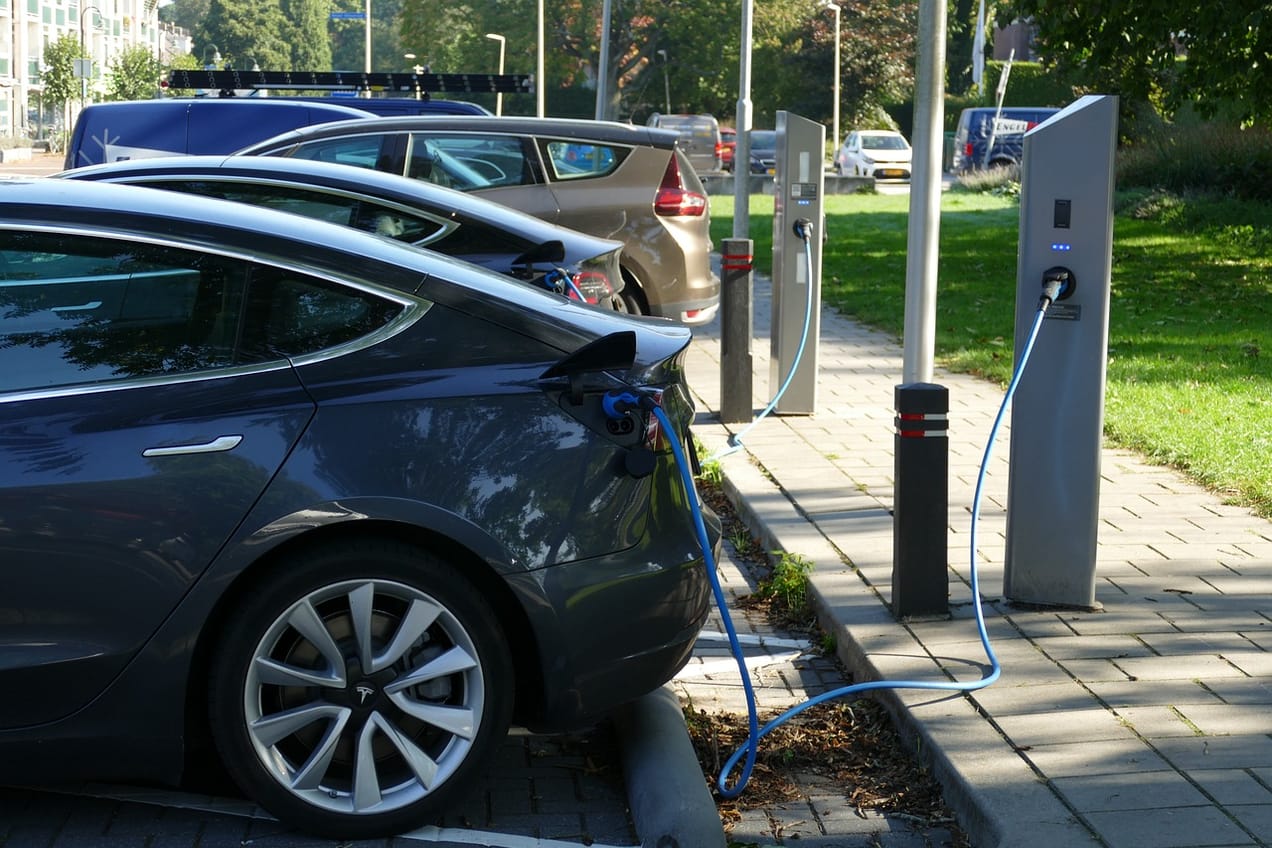Thematic Thoughts
Real world sustainability linked changes and what they might mean for companies and investors
A positive story about coal mines
Could abandoned coal mines be a useful energy source to heat our homes? Local politicians in the west of England, working with the Coal Authority (the public body that manages the effects of historic coal mining) believe so. The principle is simple. Using the water in the now flooded mines
A new wee test for bowel cancer?
Colorectal cancer or bowel cancer is the third most common cancer globally and the second leading cause of cancer related deaths (after lung cancer). Europe has the highest death rate with an age-standardised rate of 12 per 100,000 (2022) across all ages and sexes and accounted for almost 28%
Supply chains - will the European regulation work?
It's well known that Europe is active in introducing regulation to ensure that products being sold in the region meet minimum human rights and environmental standards. Many companies are already preparing for the new rules and by and large the new rules are well supported by the general
Positive story about coal mines; wee test for bowel cancer?; will European supply chain regs work?
A positive story about coal mines! Could abandoned coal mines be a useful energy source to heat our homes? Local politicians in the west of England, working with the Coal Authority (the public body that manages the effects of historic coal mining) believe so. West of England coalmines to be
Tracking concrete technology developments
Among the various organisations interested in lower carbon concrete is, unsurprisingly, the Institution of Structural Engineers. Concrete is a massively important building material. But, as they say "publicly available information about these technologies is often limited and inconsistent, making it difficult to draw comparisons with conventional concrete." Which
Radical food system overhaul could deliver US$10 trillion per year in benefits
A report from the Food System Economics Commission (FSEC) argues that the current set up of food systems globally (i.e. what food we grow, how we grow it and how we distribute it to people) has a cost far bigger than their contribution to global prosperity and is on
Food system overhaul brings $10tn pa benefits; Spanish electricity ducks; tracking concrete tech developments
Radical food system overhaul could deliver US$10 trillon per year in benefits. A report from the Food System Economics Commission (FSEC) argues that the current set up of food systems globally (i.e. what food we grow, how we grow it and how we distribute it to people) has
An 'Industrial Revolution' for efficient buildings?
The European Energy Performance of Buildings Directive could create a massive investment opportunity.
The 5% rate and other untruths about battery recycling.
In a LinkedIn article, Hans Eric Melin, Managing Director of Circular Energy Storage Research and Consulting, addressed a 'well documented fact' about battery recycling: only 5% of lithium-ion batteries are recycled; 95% of batteries go to landfill. Other claims about batteries from their energy intensive production and associated
Blood test could revolutionise Alzheimer's diagnosis
An existing commercially available blood test could identify Alzheimer's risk early.
UK declares national incident as measles cases soar
Between 1st October 2023 and 18th January 2024 (15 weeks), there have been 216 confirmed and 103 probable cases of measles in the West Midlands (a region in the UK) with the majority of cases among children under the age of 10. It has prompted the UK Health Security Agency
Could EVs potentially have a much longer working life than ICEs?
Motoring journalist Quentin Wilson posted an interesting discussion topic on LinkedIn about EVs. Quentin Willson on LinkedIn: Following my post on extending the working life of EV batteries through… | 130 commentsFollowing my post on extending the working life of EV batteries through repair and cell replacement, I wonder if EVs
